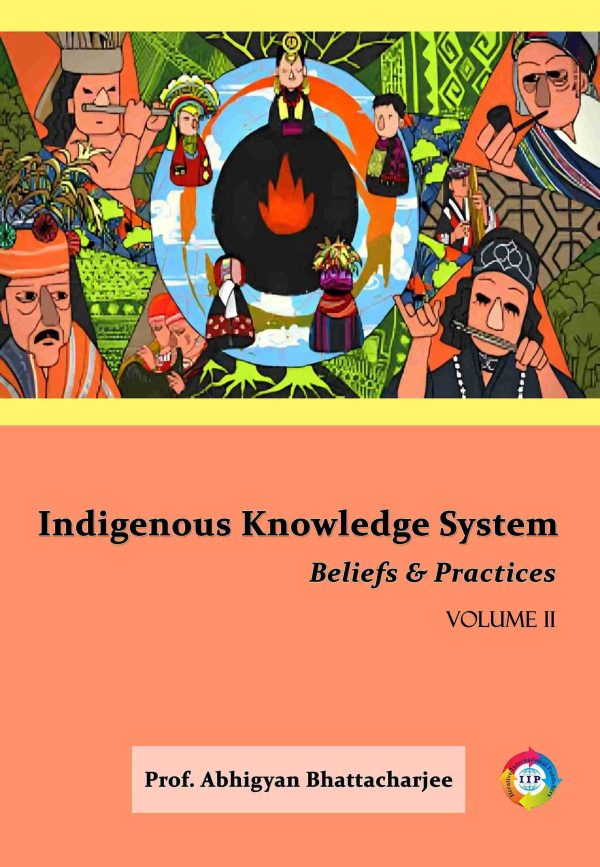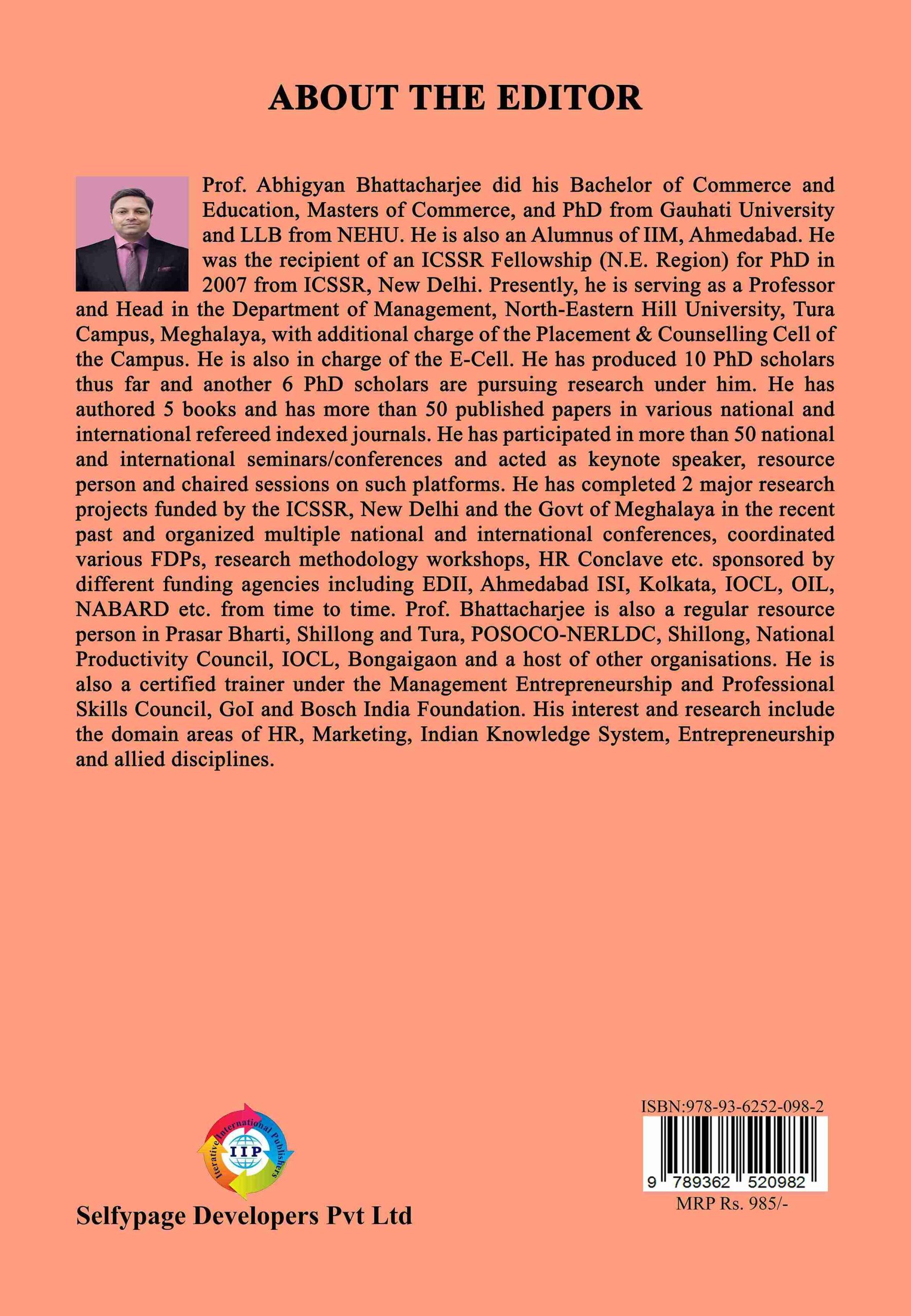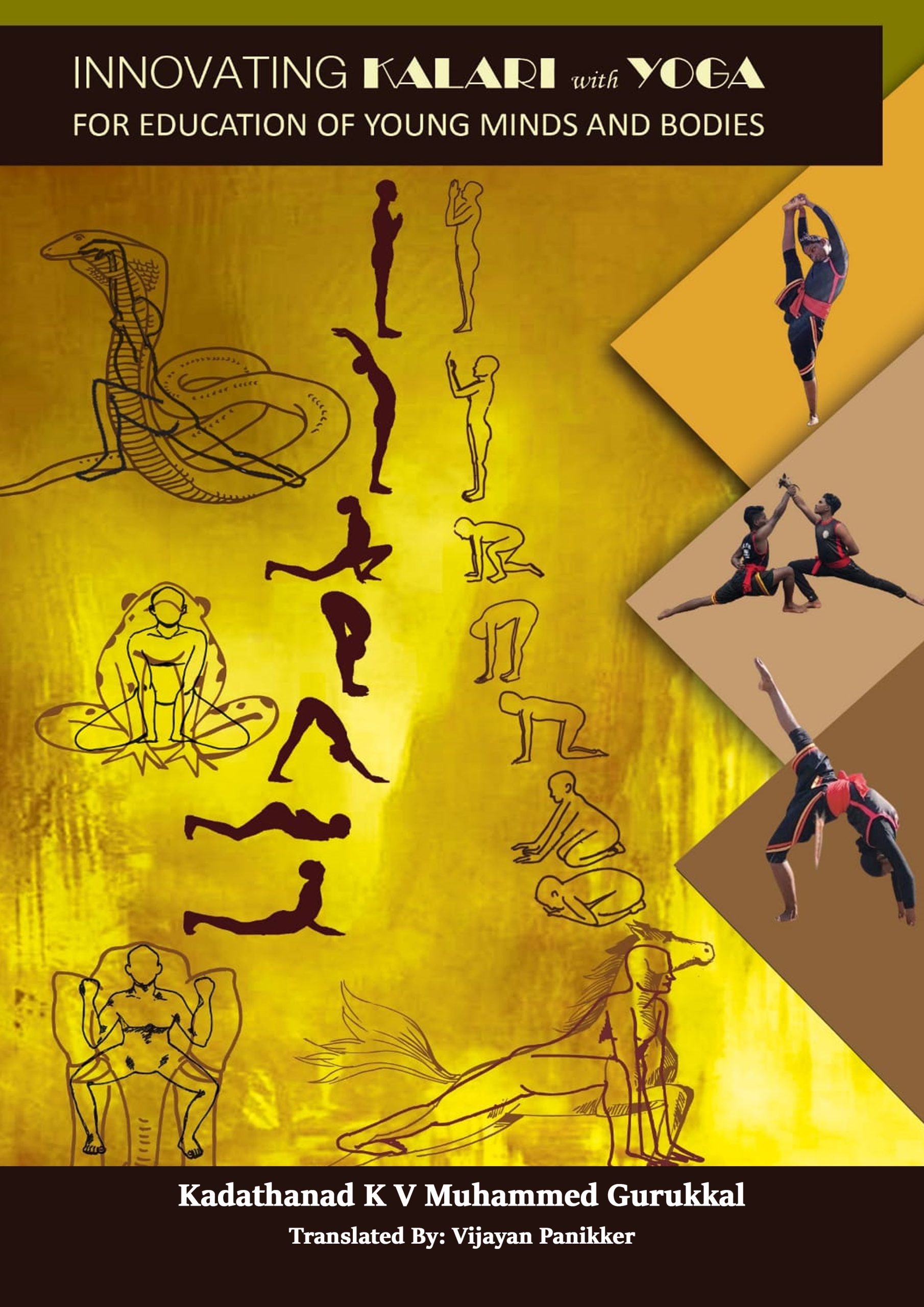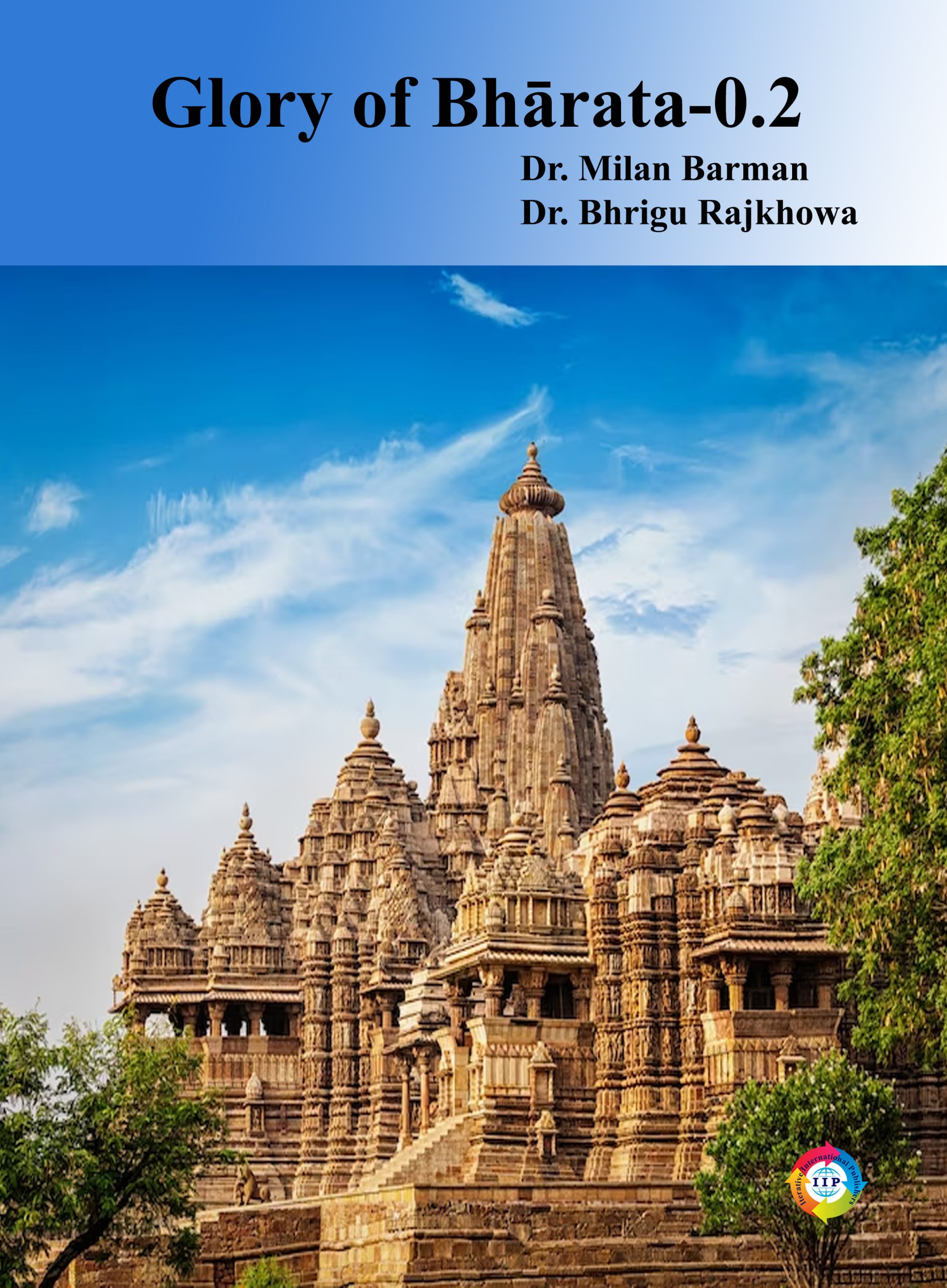Indigenous Knowledge System (IKS) is a dynamic process to generate and extend knowledge unique to a given culture or society. The indigenous knowledge of Adivasi communities in the forest fringe areas of the Central Indian Plateau (CIP) had been shaping their life skills including farming practices and was being shaped by their living and acquiring livelihoods from the surrounding ecosystem. This has started facing confrontation during the last three to four decades from government agencies, agricultural research institutes, seed-pesticide companies and extension workers through the creation of a false binary between traditional and modern/scientific practices. ‘Traditional’ was projected as backward, unscientific and static. Gradual and aggressive drive from all actors, specifically by Govt. and the market to change farming practices resulted in Adivasi farmers following practices prescribed by outside agencies under the pretext of becoming ‘modern’ or getting better yields. In the process, they gradually lost their IKS. Increased dependency on markets, government and extension workers made the Adivasi youth ignorant and less interested in biodiversity, climate-resilient traditional agricultural practices, ethnomedicine, etc. However, in many of the Adivasi villages, there are still some elderly people who hold indigenous knowledge and are concerned about the gradual loss of the IKS. The Adaptive Skilling through Action Research (ASAR), initiated by a non-profit organisation and an academic institution with Adivasi communities in Jharkhand and Madhya Pradesh, is a quest to find out ways to change these trends and revive the IKS. In one of the villages, elderly people engaged with the youngsters and walked around their village and forest to explore floral diversity and its use. Youngsters made a biodiversity register with information about different species of plants. In another village, they revived the knowledge of ethnomedicine and prepared a register. In the third village, groups of Adivasi women revived the indigenous seed system. This paper illustrates how the indigenous knowledge system around biodiversity, ethnomedicine and indigenous seeds was revived in the research villages.
Sale
₹790.00 Original price was: ₹790.00.₹632.00Current price is: ₹632.00. ₹
₹550.00 Original price was: ₹550.00.₹440.00Current price is: ₹440.00. ₹
₹300.00 Original price was: ₹300.00.₹240.00Current price is: ₹240.00. ₹
₹340.00 Original price was: ₹340.00.₹272.00Current price is: ₹272.00. ₹
₹760.00 Original price was: ₹760.00.₹608.00Current price is: ₹608.00. ₹
₹985.00 Original price was: ₹985.00.₹788.00Current price is: ₹788.00. ₹
Indigenous Knowledge System – Beliefs and Practices
Abhigyan Bhattacharjee 978-93-6252-098-2
HARD BIND
SECOND VOLUME
Academic Book, Multi Disciplinary, Reference Book
Meet The Author
No products were found matching your selection.
Be the first to review “Indigenous Knowledge System – Beliefs and Practices” Cancel reply









Reviews
There are no reviews yet.